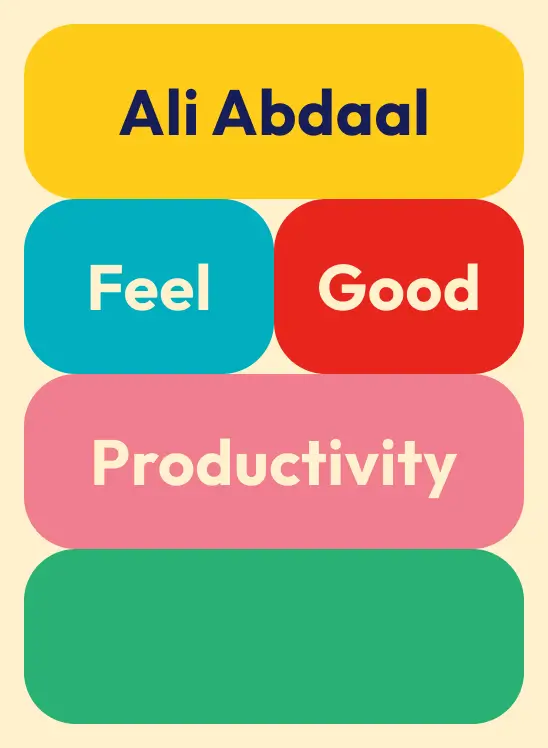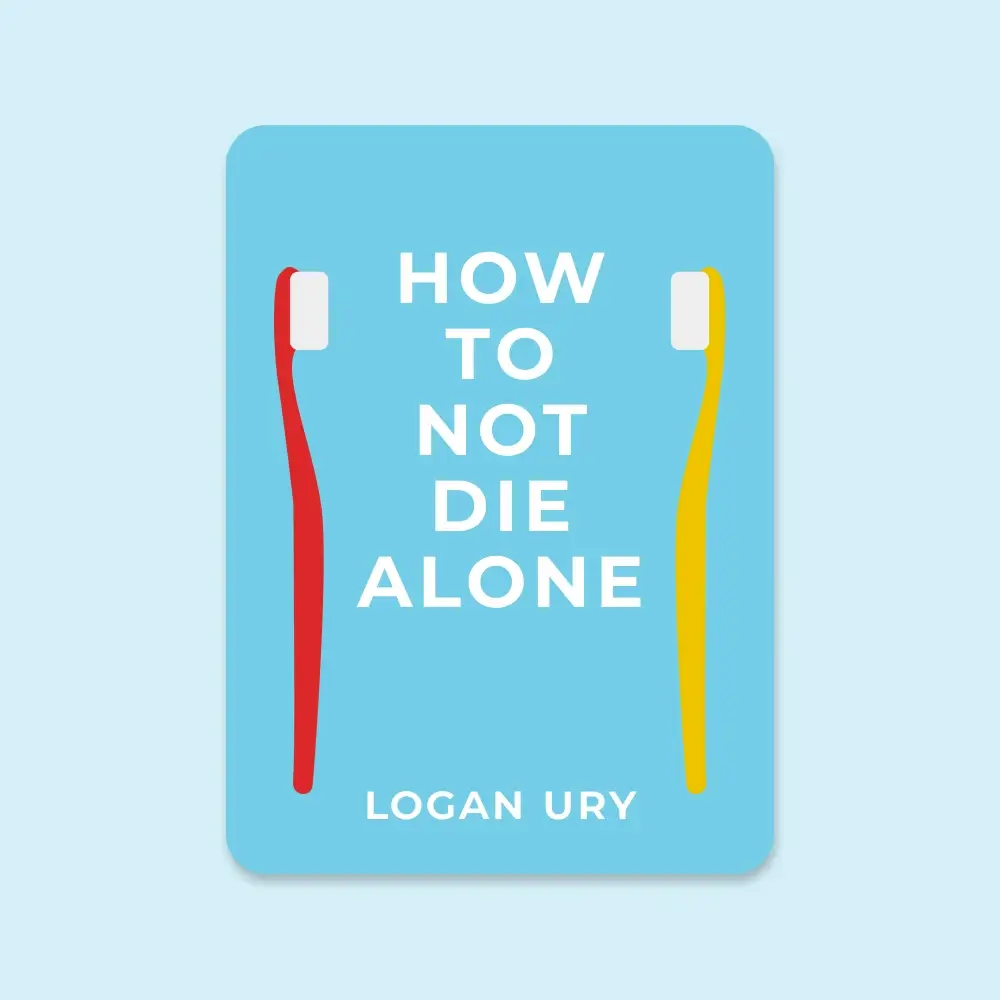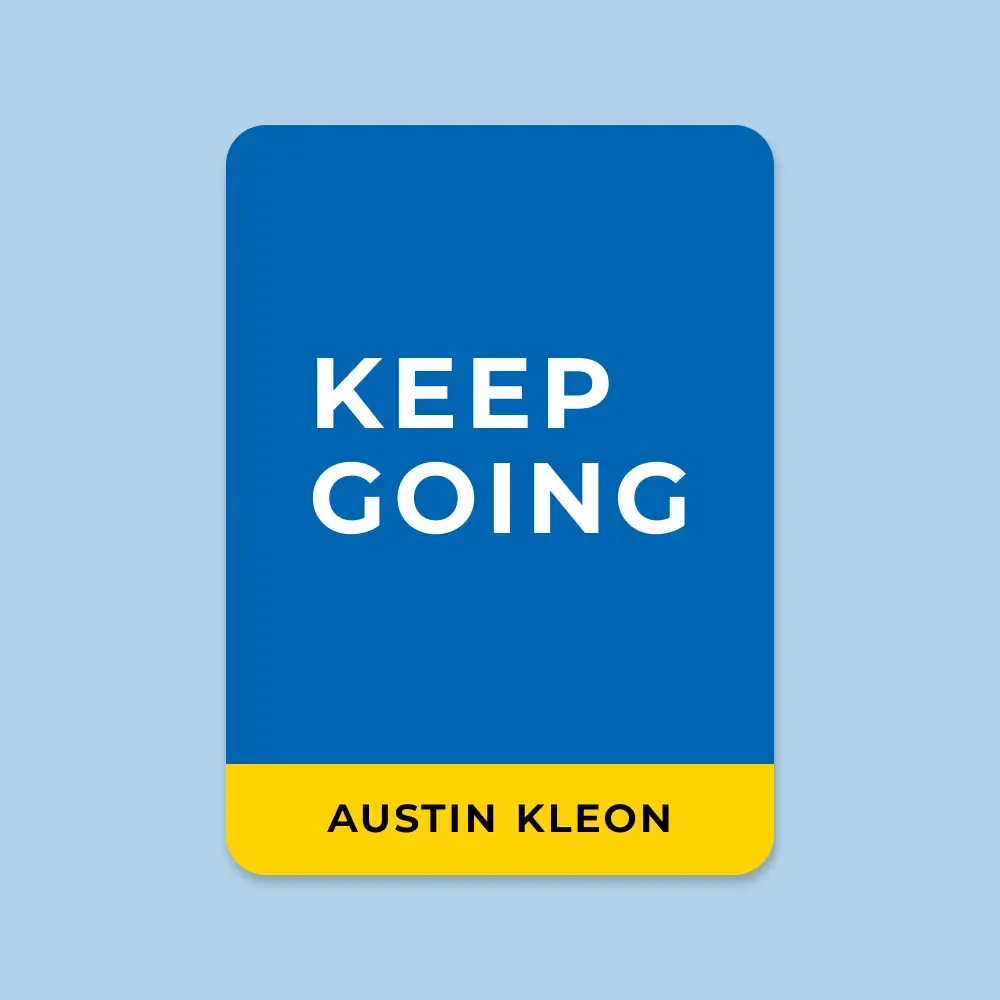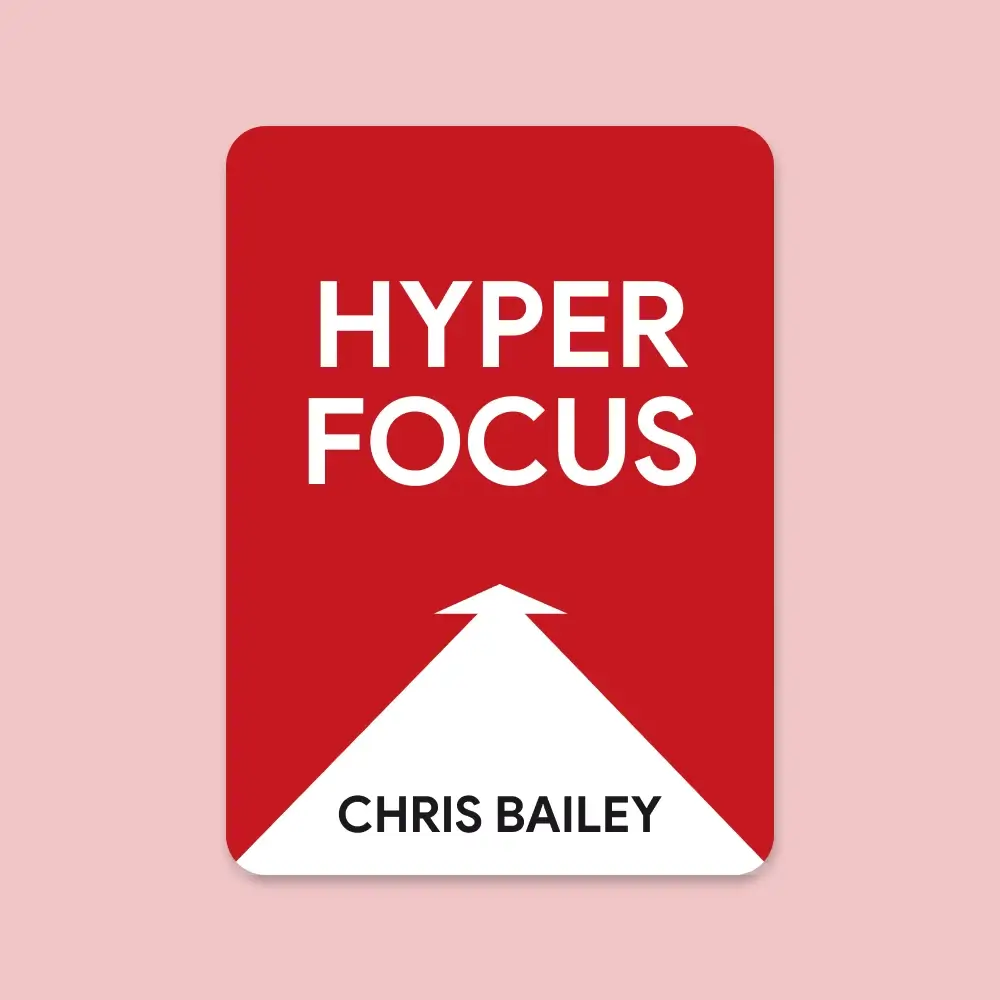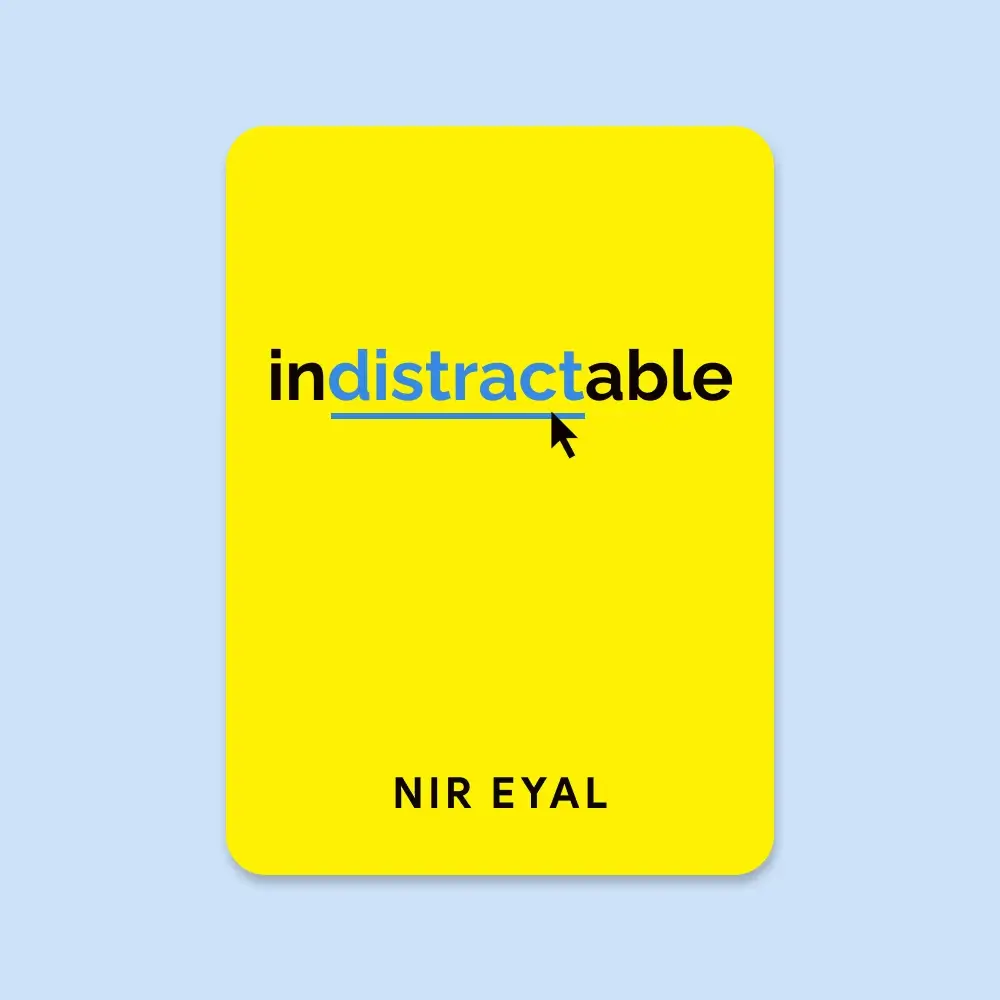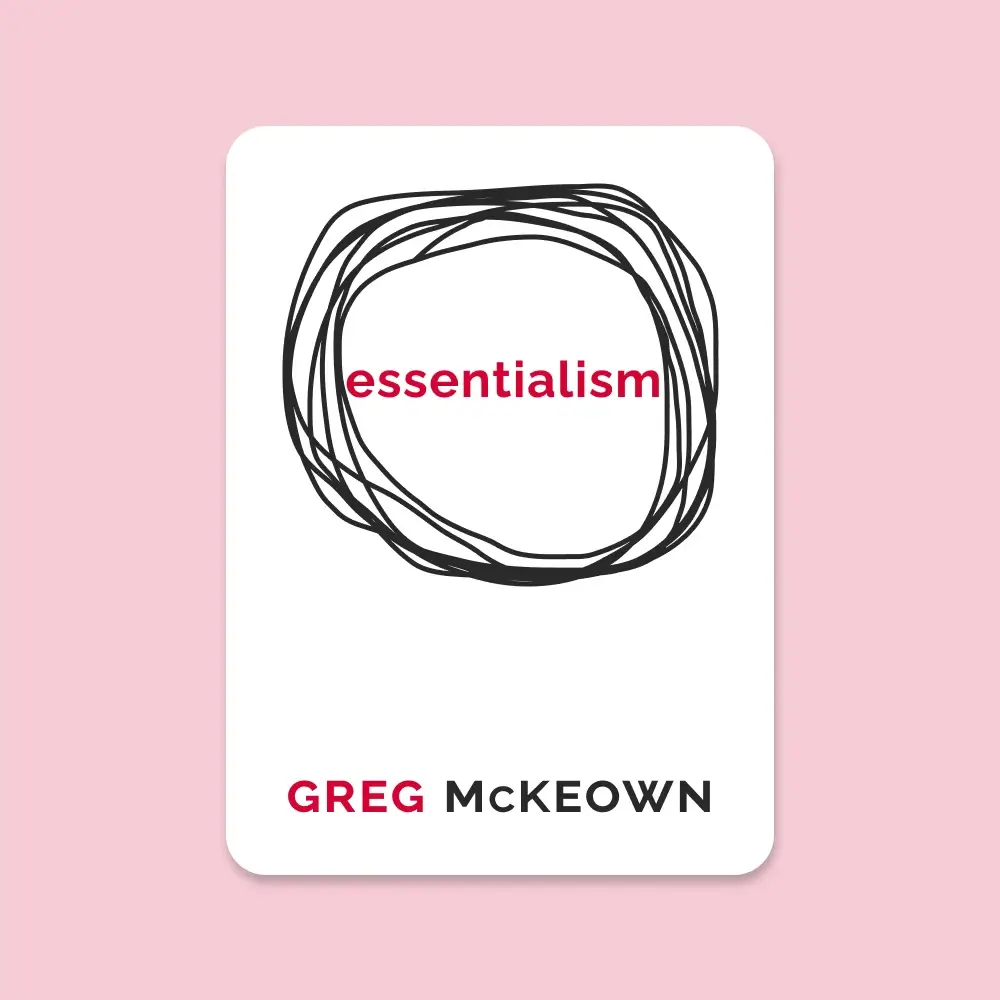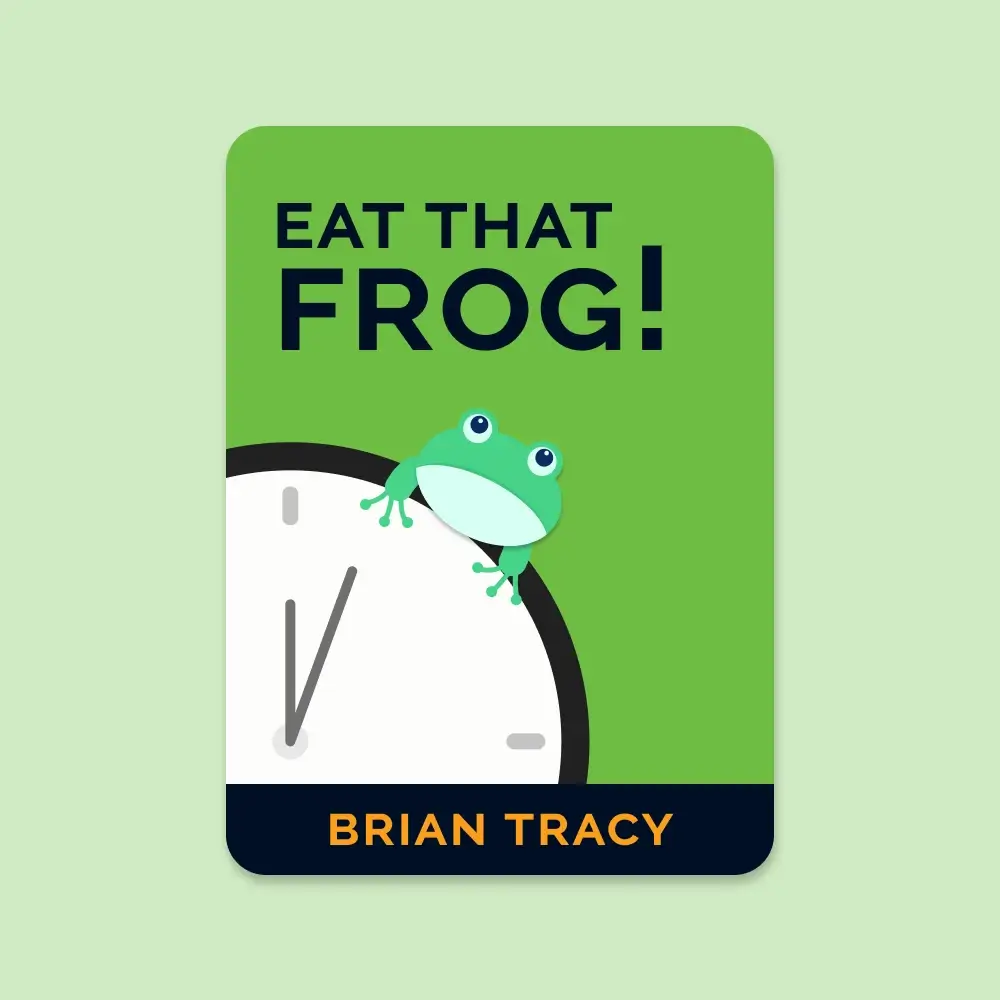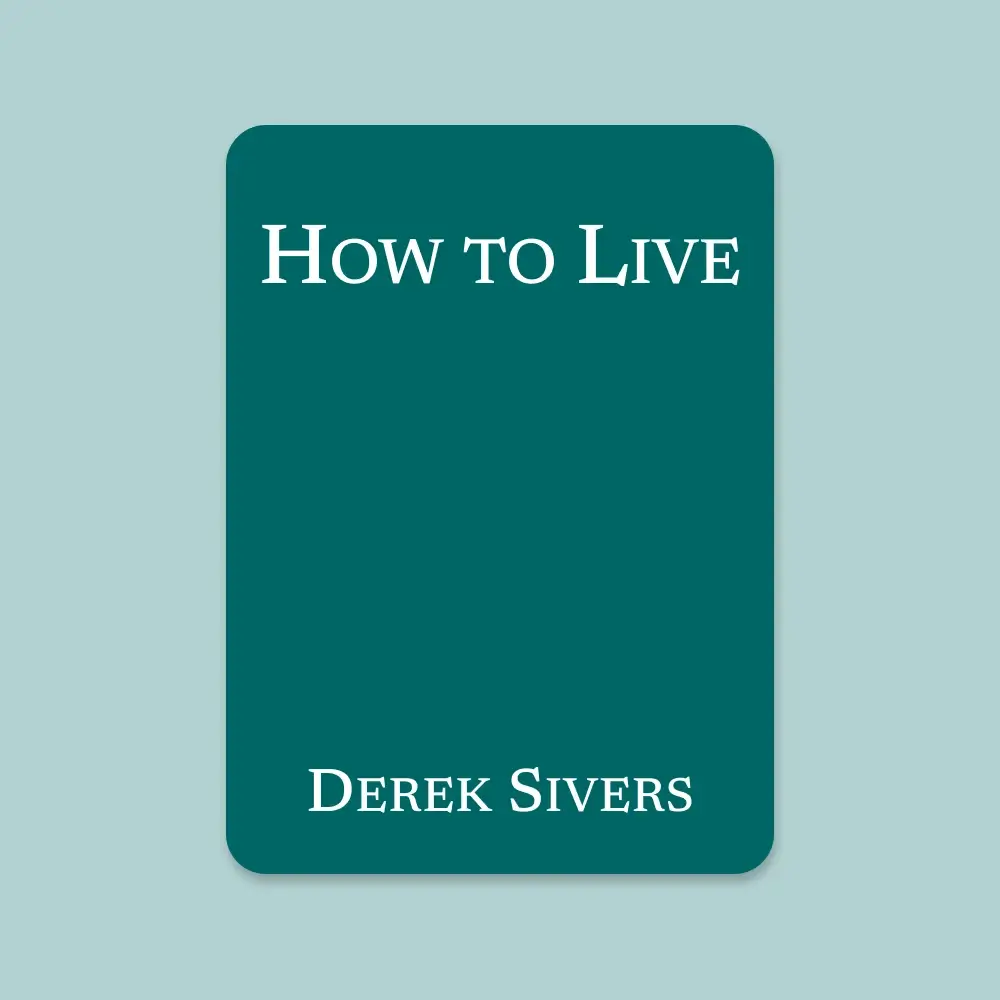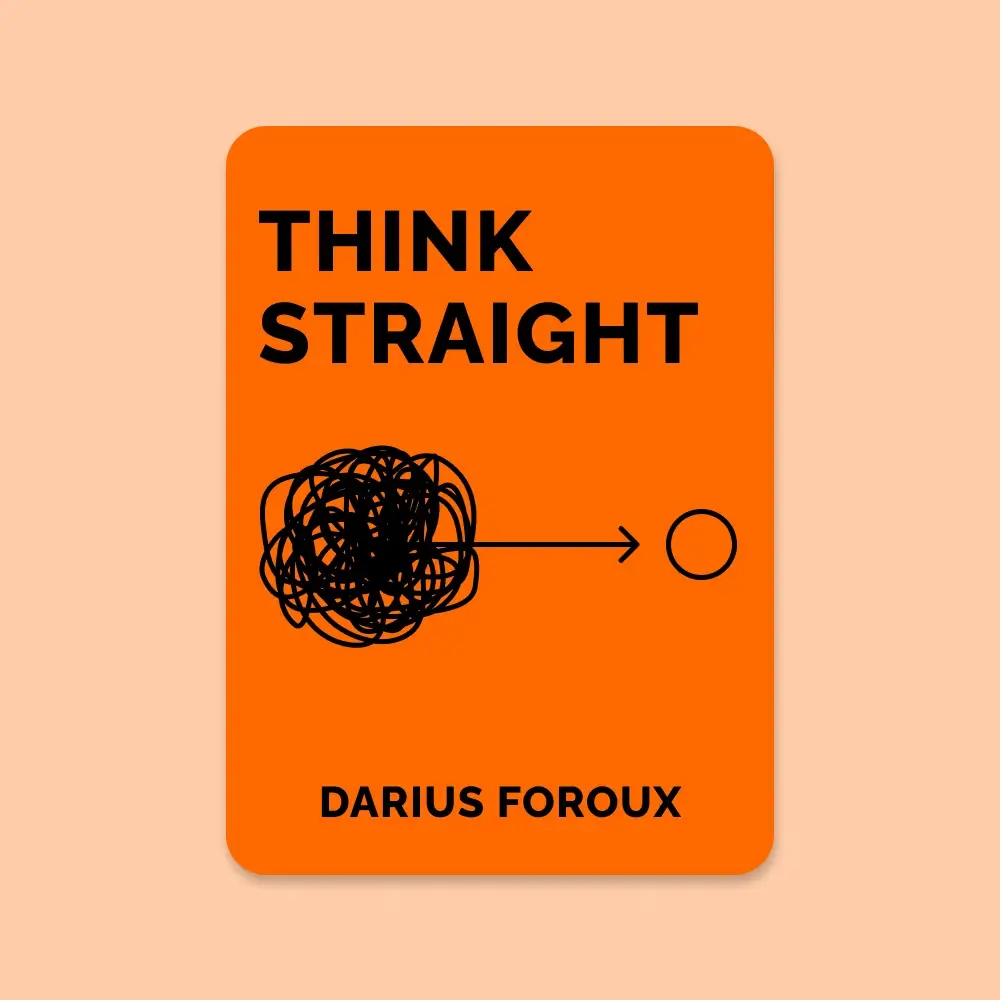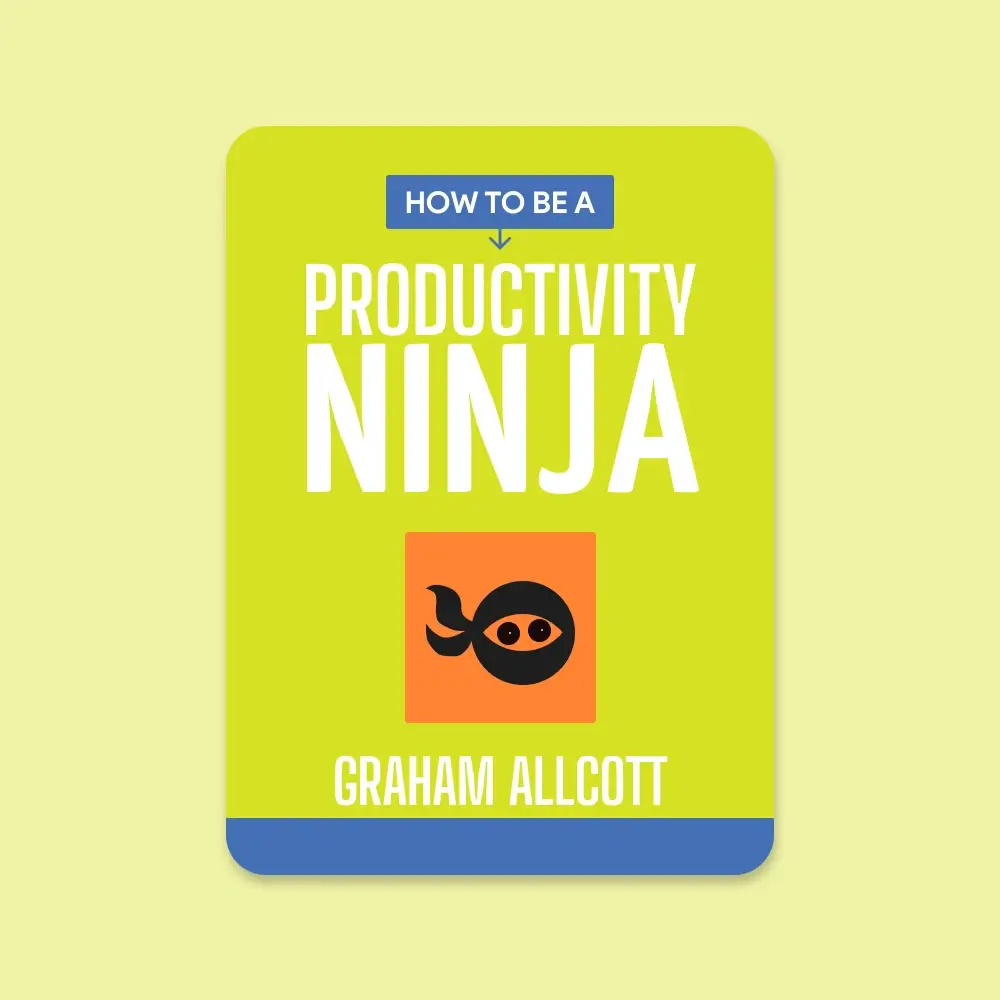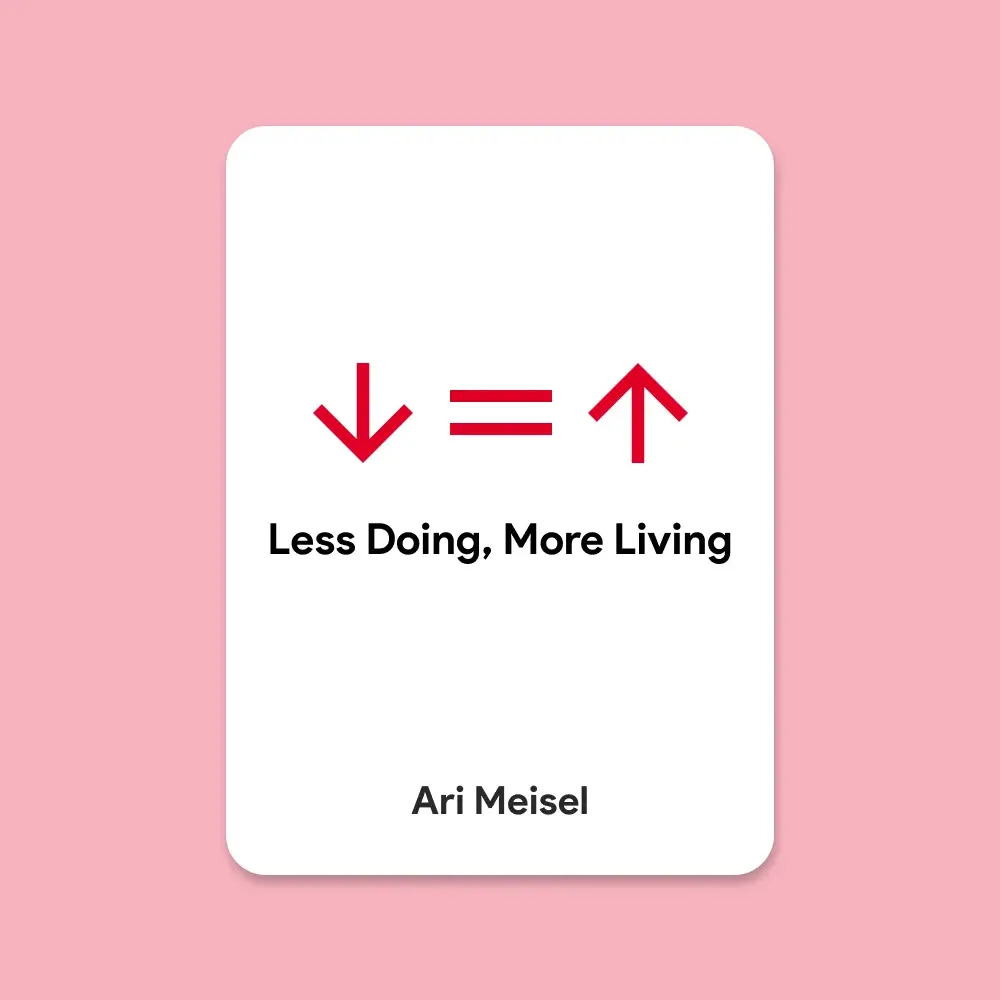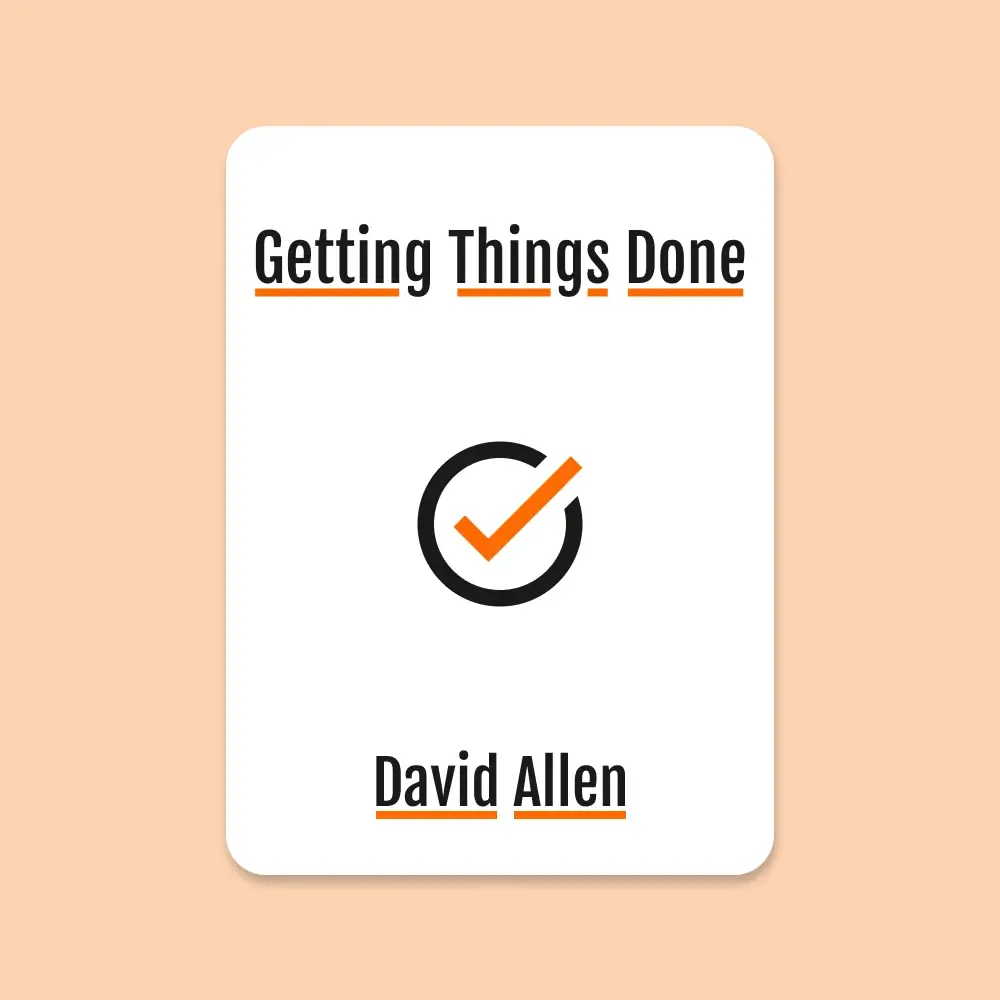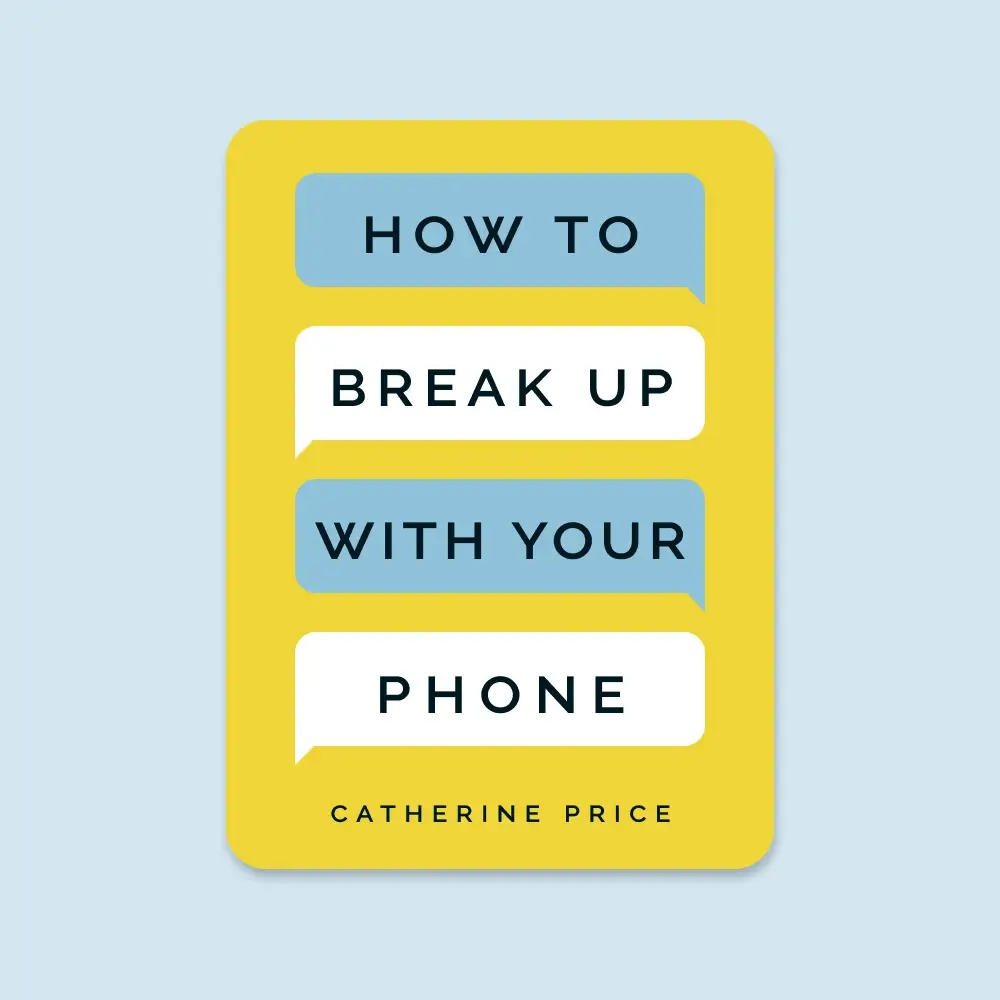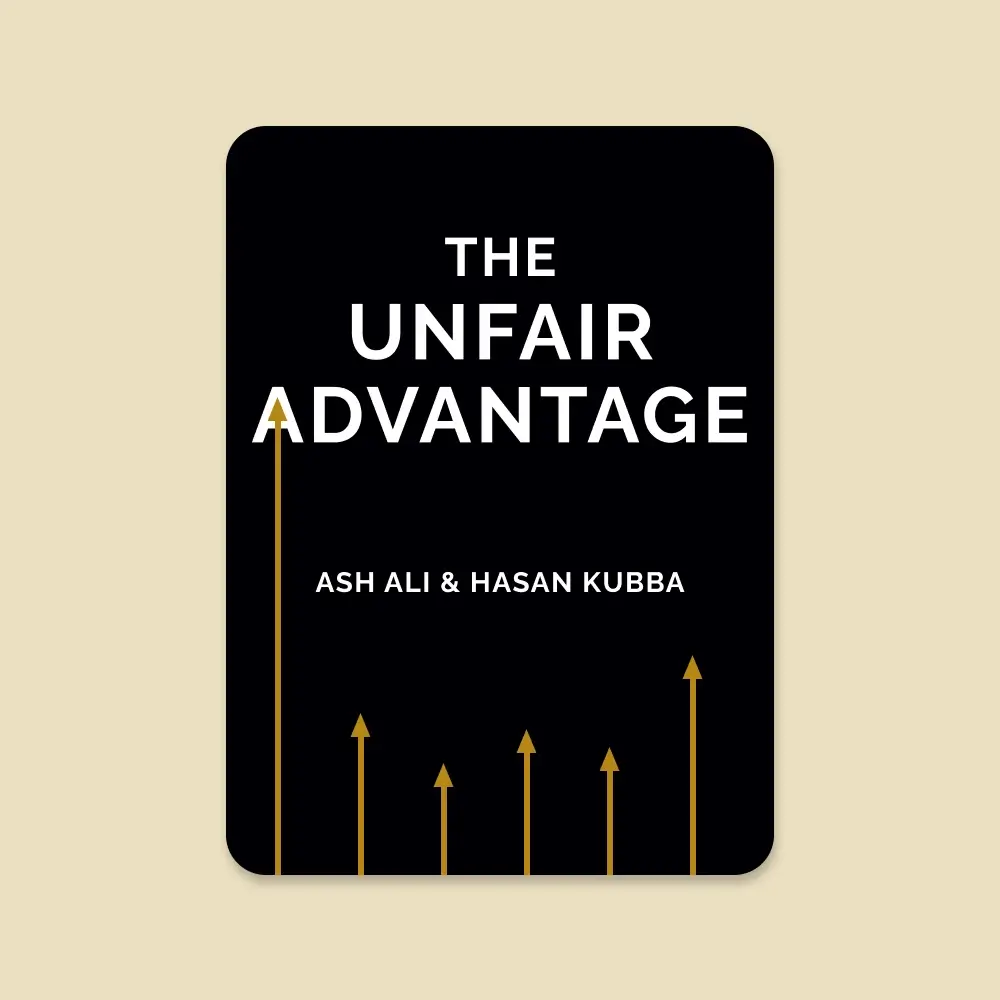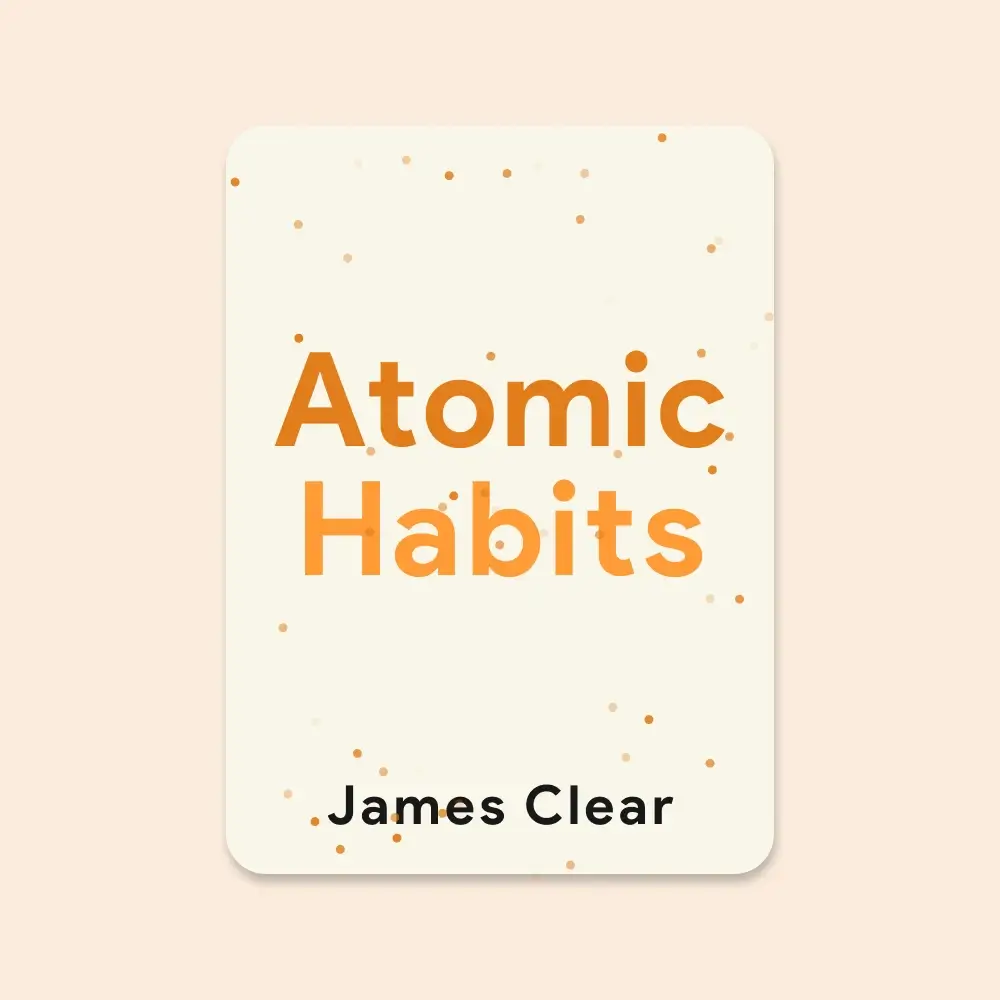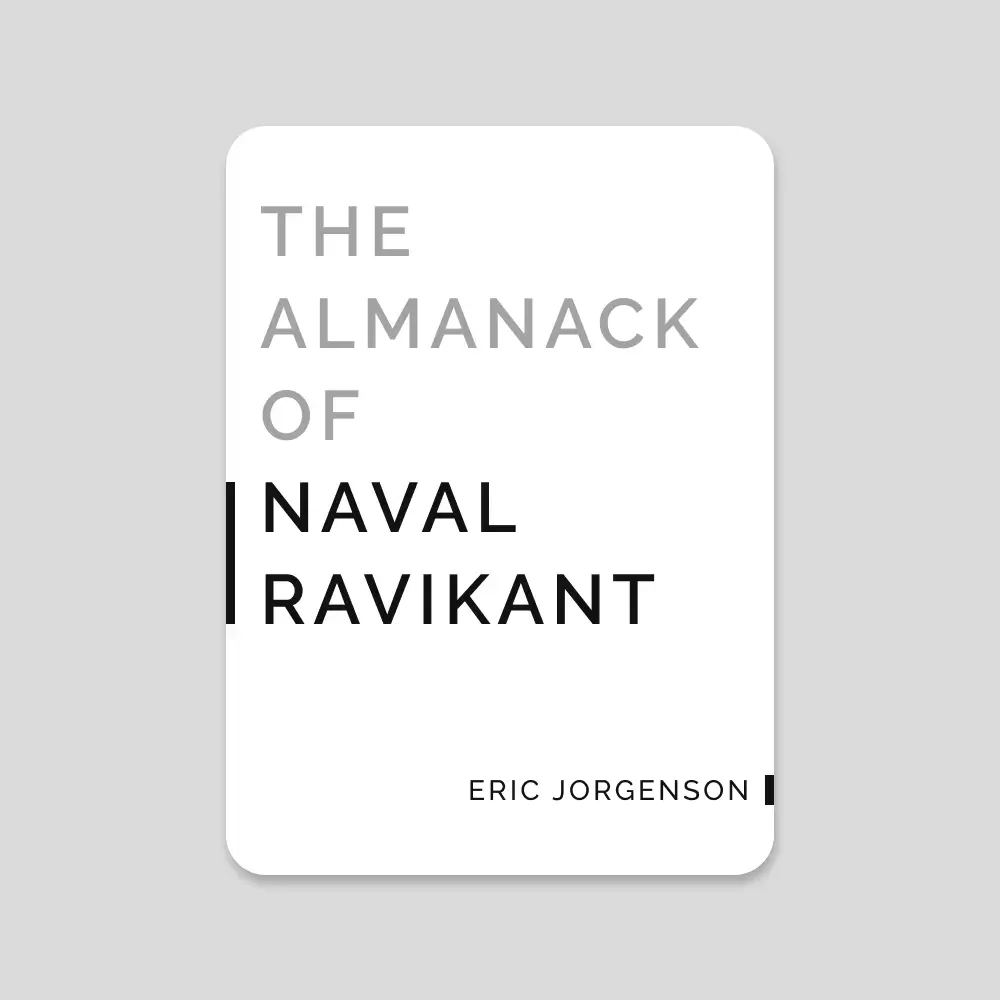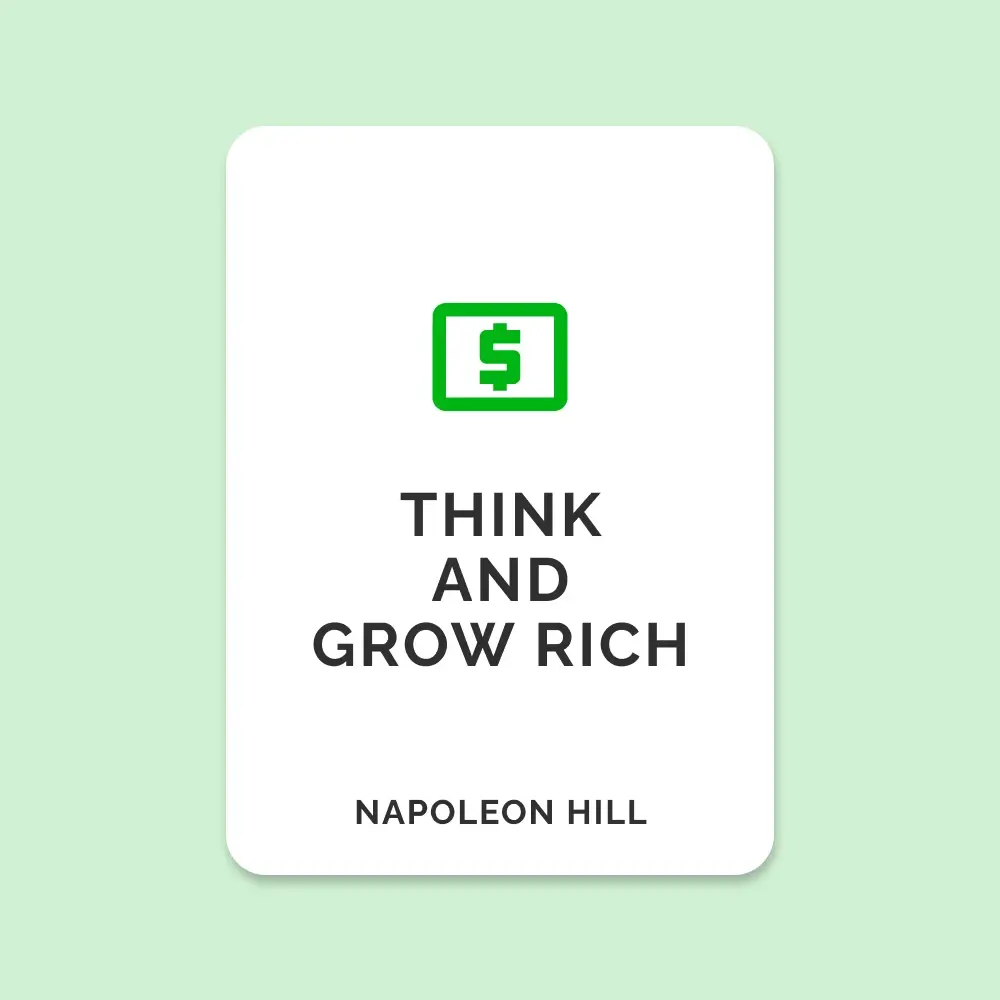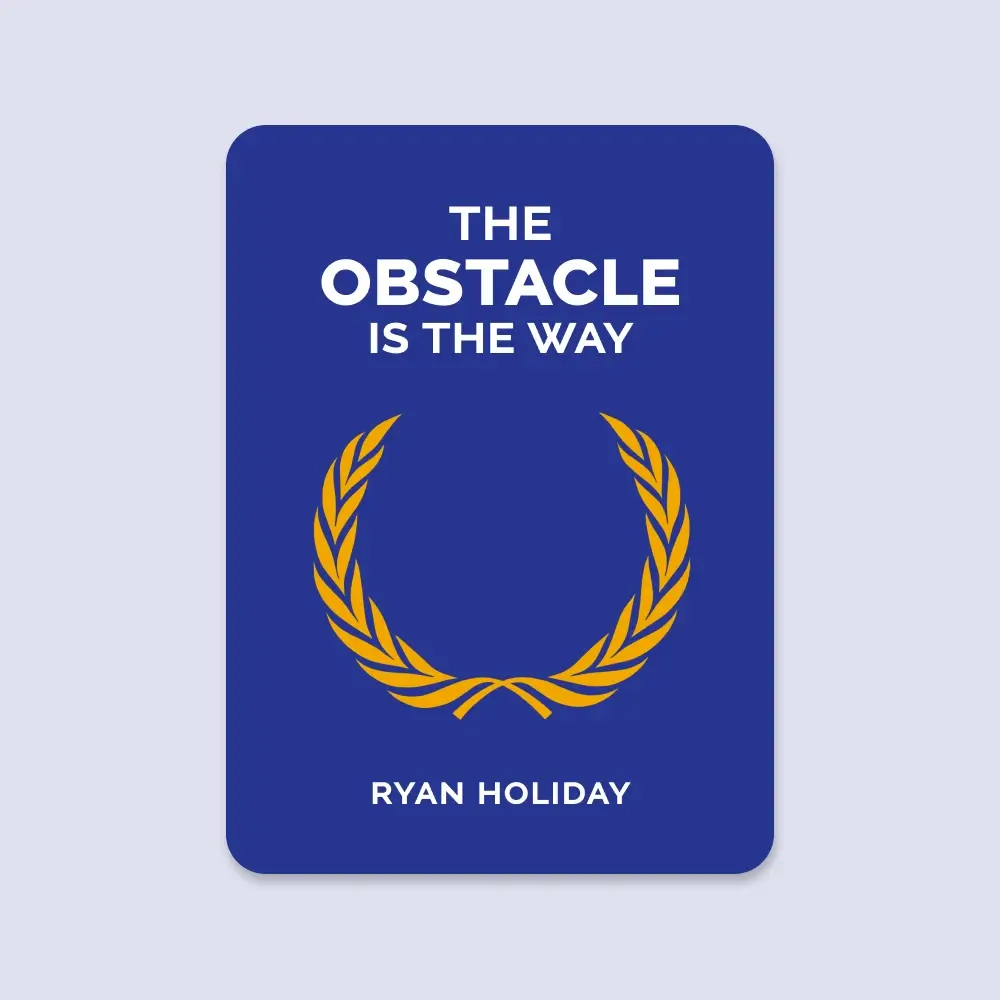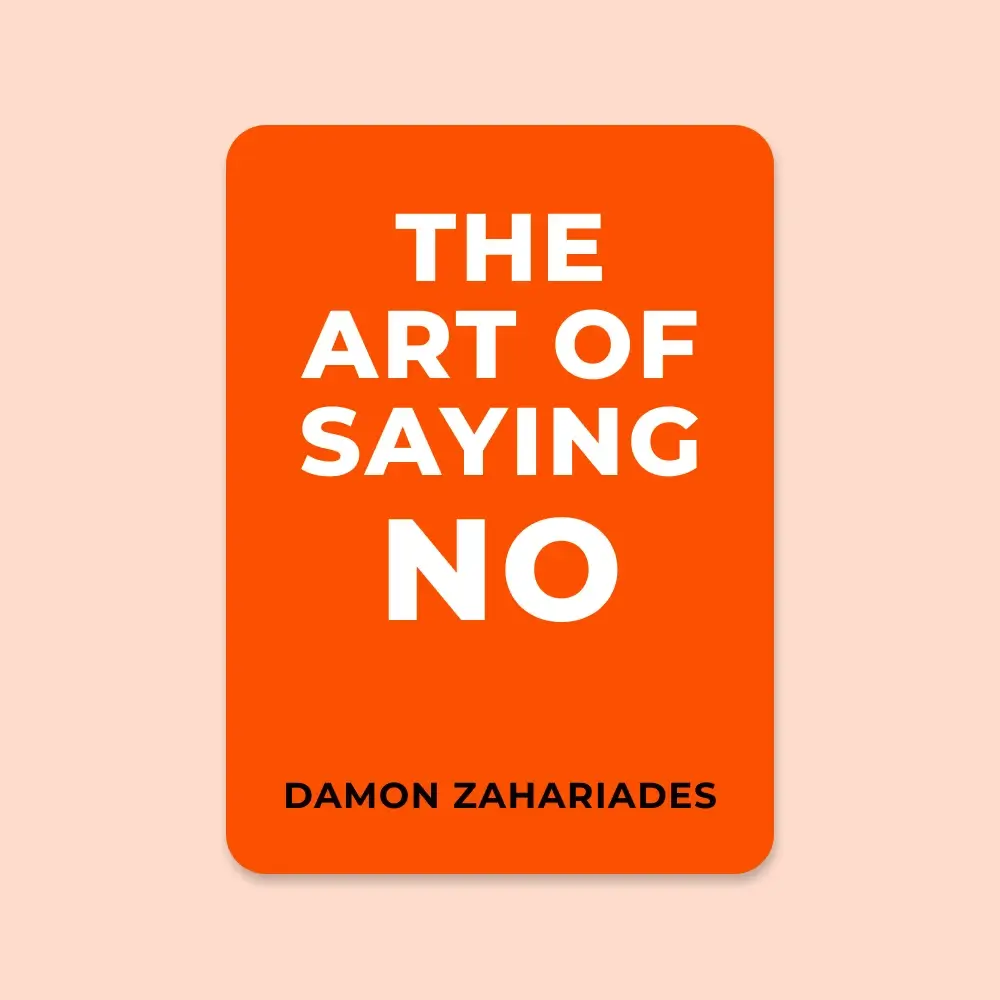
The Art of Saying No
🚫 No is a power move − Saying yes to everyone is saying no to yourself. Reclaim your time, energy, and peace.
🧭 Prioritize your life—or someone else will − If you don’t set your boundaries, others will set them for you.
🧘 Self-care is not selfish − Protect your time like your mental health depends on it—because it does.
🗣️ Assertiveness ≠ Aggression − Being clear and confident isn’t rude. It’s necessary. You don’t need approval to own your truth.
🕰️ Yes costs more than you think − Every yes spends your limited hours. Be choosy. Your time has value.
❌ Stop softening your no − No excuses. No over-explaining. A clear “no” is kinder (and stronger) than a guilt-ridden maybe.
🪞 Saying no builds self-worth − The more you practice it, the more you believe you matter just as much as anyone else.
⚖️ Your needs = their needs − Don’t shrink to avoid conflict. Your priorities are valid. Your peace matters.
💥 Conflict is natural. Avoiding it isn’t − You can’t please everyone. Stop trying. Embrace the friction when it aligns with your truth.
🎯 Be direct, be kind, be done − Say no with clarity and respect. What they feel is their responsibility, not yours.
If you don’t prioritize your life, someone else will. - Greg McKeown
- A ‘no’ uttered from the deepest conviction is better than a ‘yes’ merely uttered to please, or worse, to avoid trouble.
The difference between successful people and very successful people is that very successful people say ‘no’ to almost everything.” - Warren Buffett
-
Saying no to people is one of the most important skills you can develop. It frees you to pursue your own interests, both personal and professional. To that end, it’ll boost your productivity, improve your relationships, and fill you with a sense of confident calm that may seem alien to you at this moment.
-
But allowing your needs to remain unaddressed while you continuously cater to others is the path toward resentment and bitterness.
-
Being assertive means having the self- confidence to express your needs and wants, and pursue your own ends, even in the face of opposition. It involves telling people where you stand on a given topic and leaving no room for confusion. Assertiveness is declaring your point of view and not feeling as if you need others’ approval or validation.
-
It’s one of the smallest words in the English language. Yet, many of us believe it carries such awesome power that we’re afraid to say it. In those instances when we do manage to say no, we instinctively downplay our intentions, offering excuses and apologies to the requestor.
-
I realized that as long as I was respectful to the individual asking for my help, I wasn’t responsible for any offense taken when I said no.
-
We have a limited number of hours to play with each day. That means every time we say yes to someone, we’re saying no to someone or something else. And every time we say no, we free ourselves to spend that time and attention on another person or interest.
-
Self- care isn’t selfish. It’s necessary. The problem is, if you’re constantly saying yes to other people, putting their priorities ahead of your own, you won’t have the time or energy to care for yourself. And you’ll slowly become irritated, cynical, and miserable.
-
The most responsible thing you can do is care for yourself before you cater to others. Doing so often means saying no to their requests and invitations. After all, if you use up your time, energy, and attention on others, you won’t have any left over for yourself. And that’s no way to live a rewarding life.
-
For many of us, the desire to help stems from an inclination to show others we love them.
-
Make sure that self- care has a higher priority than giving care.
-
Burdened with a low self-image, we mistakenly believe our time is worth less than others’ time. We wrongly assume our goals and interests are inferior to other people’s goals and interests. We perceive our value to the world as somehow less than the value offered by those around us.
-
The good news is that saying no can actually improve your sense of self- worth. The more you do it, the more you’ll come to realize that your time, commitments, and aspirations are just as important as those of the requestor.
-
The problem is, capitulating to avoid conflict reinforces the idea that your feelings are less important than those of the other person. The reality is, they’re not less important. You’re just being made to feel that way.
-
Recognize that harmony isn’t always possible. People have conflicting opinions, needs, and desires. Friction is inevitable.
-
When someone asks you for help, and you know you must turn down the request, don’t stall. Be direct and clear. Doing so may feel uncomfortable. It may even prompt the requestor to respond in anger. But you can’t control his or her response nor the emotions behind it.
